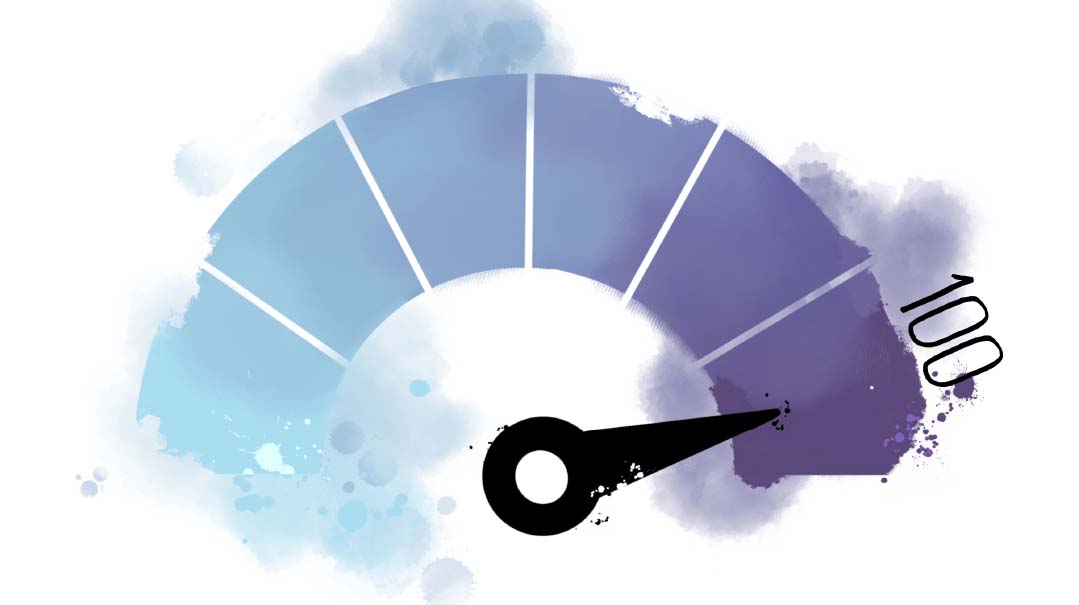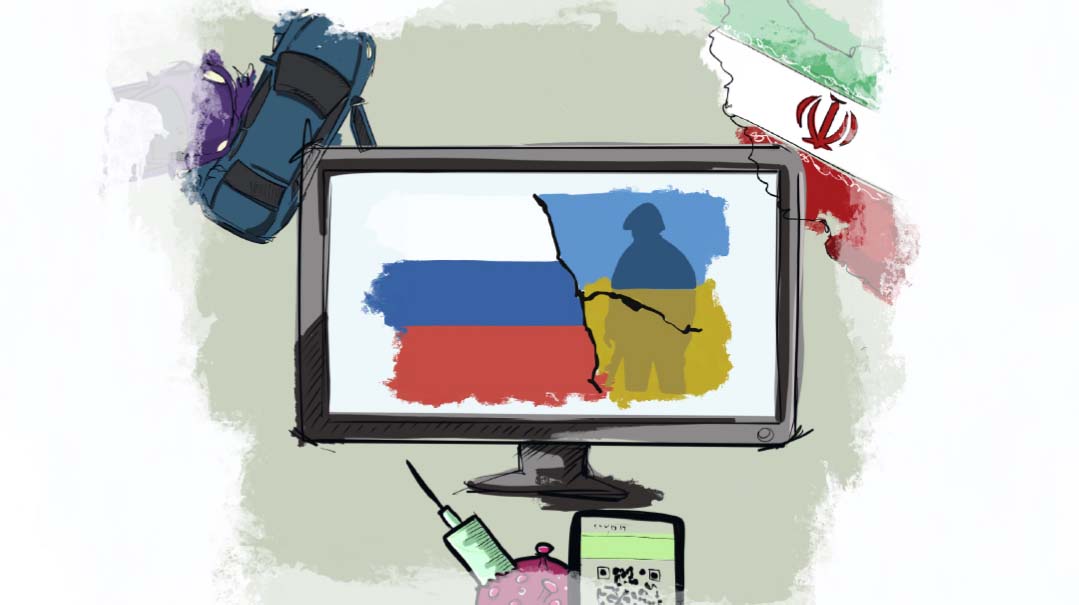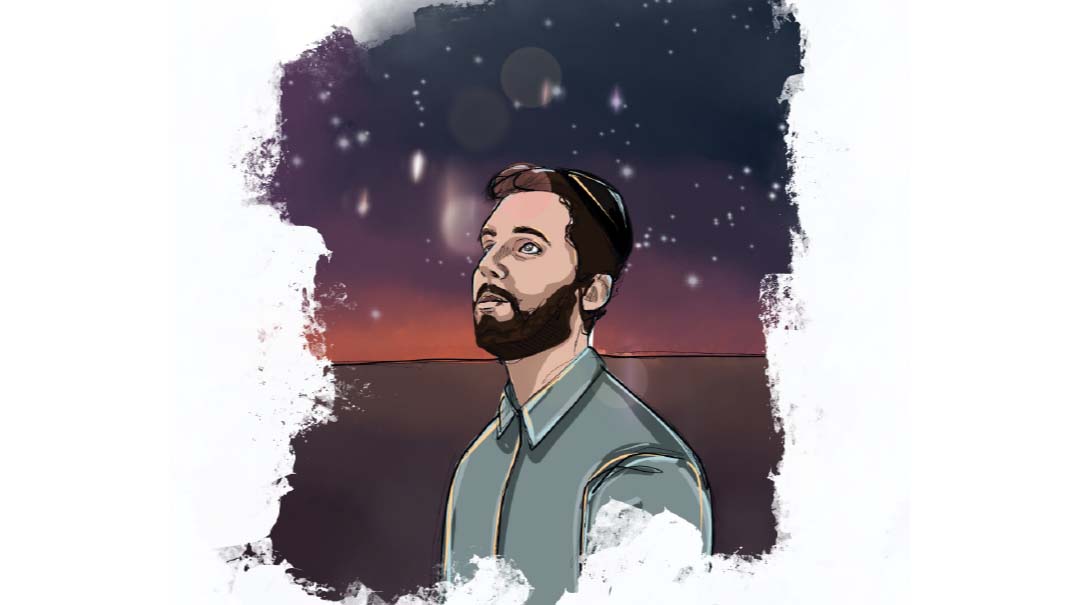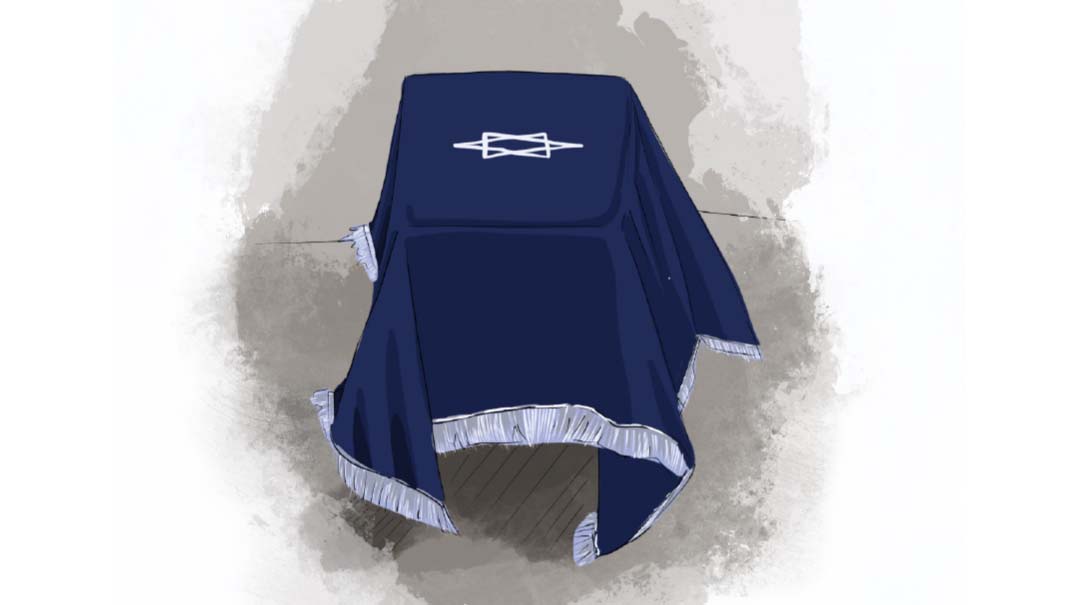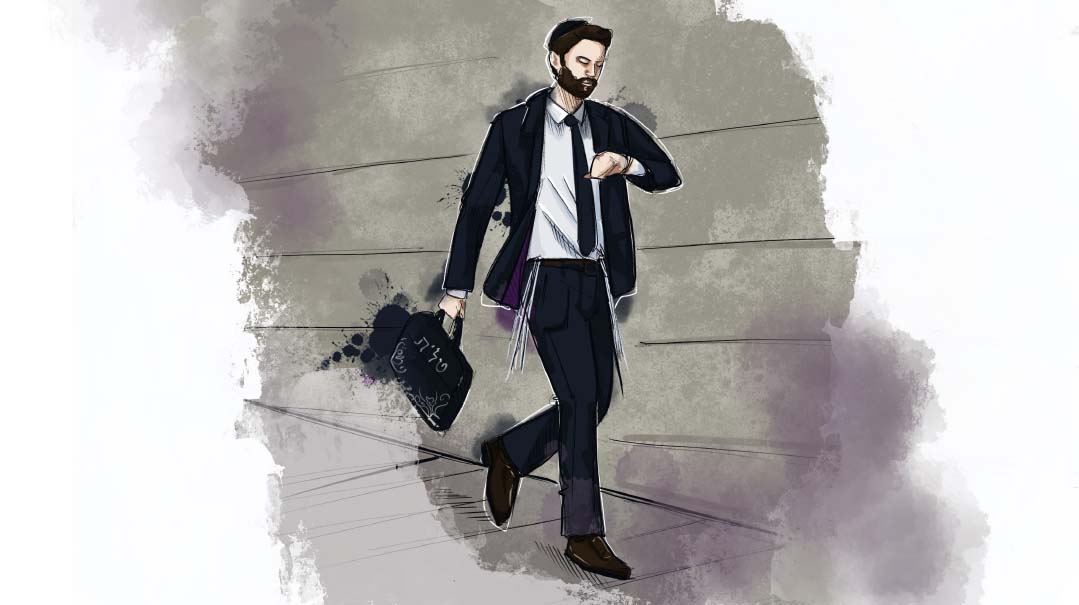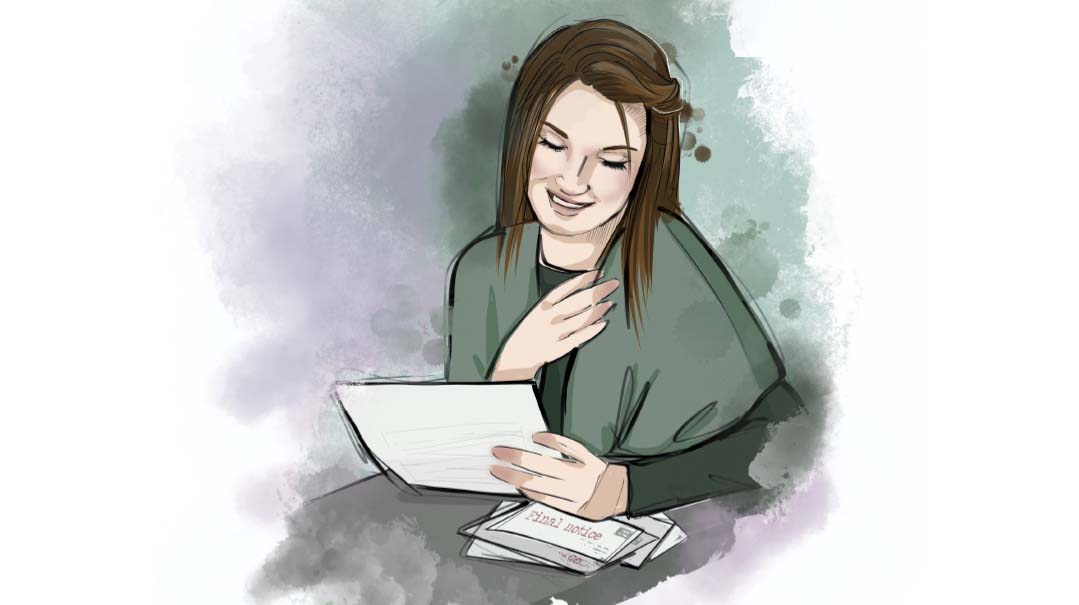Ever Grateful

Two years later, those Covid-inspired kabbalos and resolutions are still keeping us going. Eight personal accounts
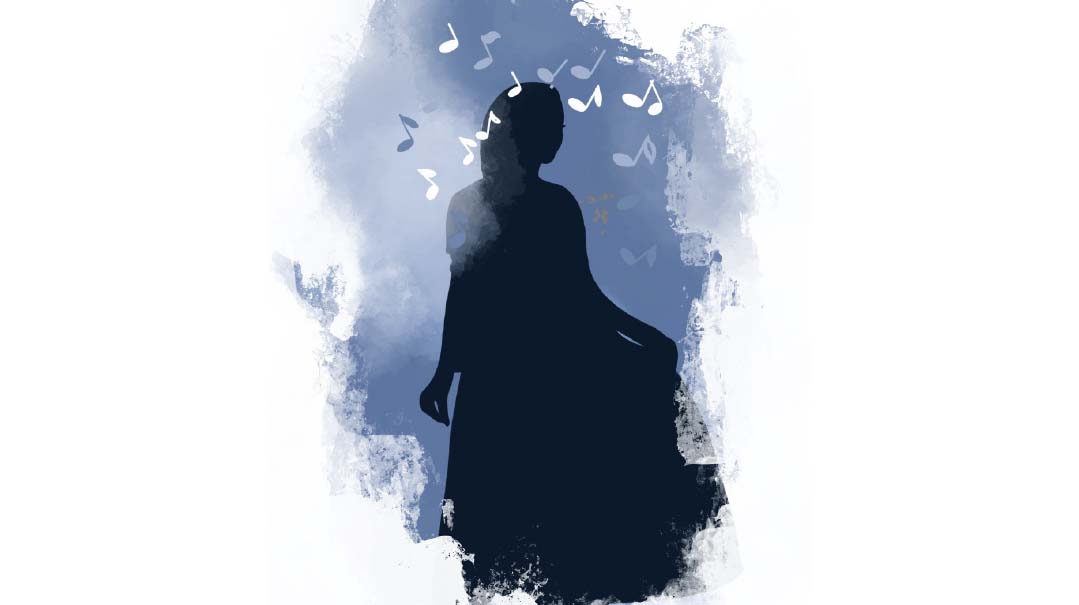
Project Coordinator: Rachel Bachrach
Illustrations: Marion Bellina
Esty Heller
We were in a state of shock after our mother’s petirah last July, dazed by the sea of shivah callers swarming around us after months of Covid isolation, when our cousin Faigy Berkowitz shared an idea: Start a nightly shiur l’illui nishmas the nifteres. The subject? Gratitude. Hoda’ah to Hakadosh Baruch Hu for all the blessings in our lives. From our low chairs, we nodded in agreement.
Faigy acted immediately on her word. We’d hardly circled the block on the last day of shivah when a group text was set up. Faigy would read to us from the book Say Thank You and See Miracles by Rabbi Shalom Arush for around ten minutes every night, Sunday through Thursday.
Sweet, was my reaction to those initial lessons about troubled people who thanked Hashem and experienced miracles. If I was a little skeptical — Really, they didn’t have kids for 12 years, they thanked Hashem for their infertility, and they became parents? — I didn’t dwell on it.
We’re all familiar with the mishnah, “Chayav adam l’vareich al hara k’sheim shehu mevareich al hatovah (Berachos 9:1) — a person is obligated to thank Hashem for the bad just as he thanks Him for the good” — but it took a while for me to actually process the message.
I can’t point to a specific lesson that triggered my decision to actually try it. First with small things. Thank You, Hashem, that we’re stuck in traffic. Then the not-so-small stuff. Thank You, Hashem, that my cleaning help didn’t show. (Not-so-small, believe me.)
With time and practice, the words started feeling more comfortable on my tongue, even with real problems.
“Thank You, Hashem, for sending Covid to visit over Succos.”
“Thank You, Hashem, for sending Hurricane Ida to damage our new house.”
“Thank You, Hashem, for turning us into victims of bank fraud.”
It’s hard. The natural reaction is: “Please, Hashem, make our problems end. We beg you, make everything be good.”
But every night at ten, when the reminder text beeps on my phone, a switch goes off in my brain: to pause and focus on the blessings in my life, to acknowledge that even the things that seem terrible are gifts from Hashem.
In addition to our obligation of hakaras hatov, gratitude is also a vehicle to emunah and bitachon. My challenges bring me closer to Hashem, and by accepting His Will over my own and thanking Him constantly, I address the reason and avoid challenges. That’s why people who thank Hashem witness open miracles.
Davening without thanking is asking Hashem to give in to my will, whereas davening after thanking has a different tone: “I accept Your ways and You truly owe me nothing. Everything You give me is pure chesed. If it is Your will, please do a chesed with me and help me with…”
Many nights after the shiur, I linger and schmooze with the extended family. We share miracle stories (“The stolen funds were reimbursed!”) or say Nishmas together when there’s a family simchah.
The lessons have since branched off to other topics — we’re now following Rav Elimelech Biederman on the parshah, as well as other insights Faigy constantly collects to share — with hodaah remaining the overarching theme.
At our mother’s shloshim seudah, Faigy handed out little magnets with Tefillas Todah — Tehillim Perek 100 — printed on them, and in tiny letters on the bottom, L”N Faiga Brana bas R’ Chananya Yom Tov Lipa. Within a short time, those magnets were distributed in schools, the uplifting words of Mizmor l’sodah gracing countless refrigerators.
And when we found a handwritten copy of Tefillas Todah tucked into my mother’s siddur several months after our conference call launched, it was like hearing Hashem whisper, “My dear children, you’re welcome.”
Esty Heller is a copy and content writer, the author of Yardsticks (Israel Bookshop, 2021), and a contributor to this magazine.
(Originally featured in Mishpacha, Issue 900)
Oops! We could not locate your form.
